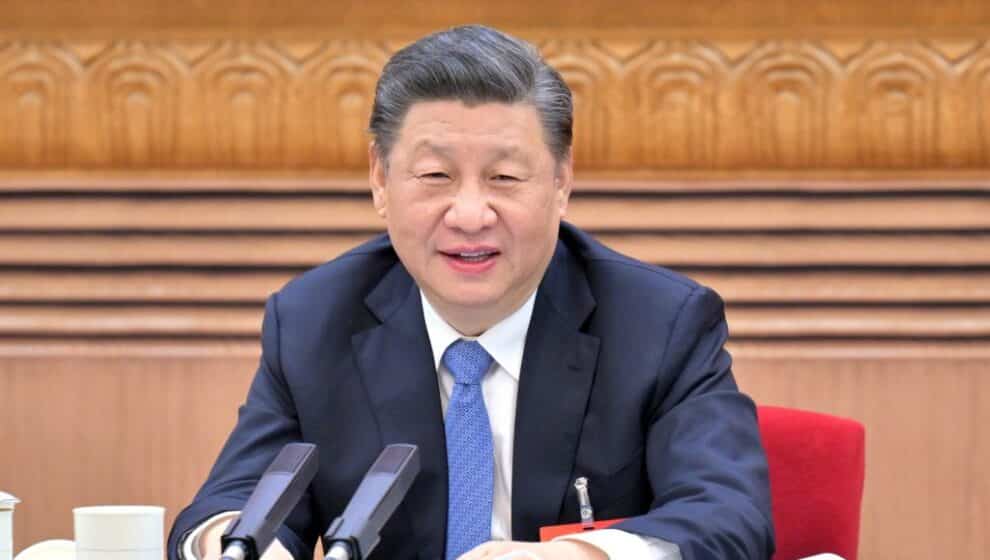Despite incentives and attempts to bolster the tech industry, the U.S. may find itself outpaced with China.
Key Details
- For years, the U.S. and China have been in competition to see who will be the leader in the next level of technological advancement, but the U.S. seems to always be a few steps behind.
- Earlier this year, U.S. officials approved the CHIPS and Science Act, a bill that for the next five years will provide $50 billion of federal funds to the chip industry. The bill followed pandemic shortages and the revelation that the Pentagon relied heavily on foreign suppliers, predominantly in East Asian countries, for chip supplies.
- Before the pandemic, the U.S. made a move to gain a foothold in 5G infrastructure, but it may have been too late. By then, Chinese companies like Huawei and ZTE had solidified their positions in U.S. communication networks.
- More recently, the National Security Commission on Artificial Intelligence called for an approach to AI that would include millions of dollars in federal investments to make the U.S. a leader in education, research, and applications of AI. China, however, has been focusing on AI for the last four years, generating billions of dollars in funding.
Why it’s news
Simply responding to technological moves made by Chinese officials will not give the U.S. a lead in any technology. In order to come out on top, the U.S. needs to adopt a more proactive approach.
Expected technological advancements in the next several years will not just be in the digital realm but in biotechnology, smart manufacturing, and ways to produce and store energy. Failure to develop at the same speed as competitors could leave the U.S. in the dark.
This isn’t to say that the U.S. is lacking in technological advancements. The Massachusetts Eye and Ear Infirmary, for example, recently found that AI technology was able to more effectively diagnose ear infections than human doctors.
Companies like United are making greater investments in flying taxis, technology that will improve everyday life and reduce pollution in major cities. The Federal Aviation Administration recently signed off on drones capable of delivering packages to customers.
Recent legislation like the CHIPS and Science Act, last year’s infrastructure bill, and incentives in the Inflation Reduction Act are all aimed at promoting better or new technology in the U.S.
Notable quote
“The United States needs to win on these tech battlegrounds and make sure it is not caught by surprise again. Even taking into account the important steps Washington has taken in the past three years, it is hard to say with any confidence that the United States is now better positioned or organized for the long-term contest,” said special Competitive Studies Project leaders Eric Schmidt and Yll Bajraktari.
